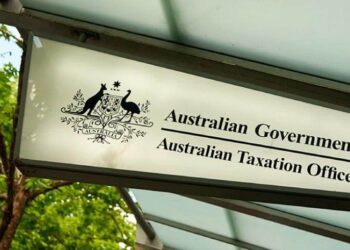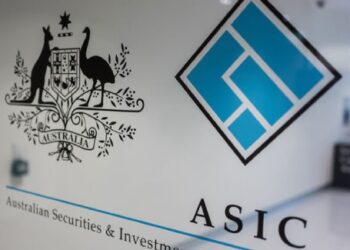AustralianSuper is making a new offering available on its app to help tackle issues of lost super for its customers, launching a new functionality which directly alerts members, flags concerns around underpayment, and limits reliance on the Australian Taxation Office (ATO).
AustralianSuper group executive member experience and advice, Shawn Blackmore said the app had been designed to help stem the issues of people not being paid rightful superannuation entitlements.
“Alerts will pop up on a mobile device saying that your super has been paid. Obviously if you don’t receive an alert it’s a cue to contact payroll to see where your money is,” he said.
“It is really important that people receive what they are entitled to, and with the technology we have it is easier to check your super than ever before.”
Blackmore said the ATO should not be the only source of reliance when it came to identifying issues around super payments, and said the app would allow customers to take control.
“People can take things into their own hands by using the app to track their super, rather than relying on the ATO,” he said.
“[Members] will have the freedom to be able to tailor their investment choice to their own personal preference on their mobile device.”
Additional features added to the functionality of the new app included viewability of super balances and transaction history, access to financial year statements, insurance cover change options, and useability for changing investment options and return preferences.




